Attending were: Member of the Party Central Committee, Deputy Head of the Central Policy and Strategy Committee Thai Thanh Quy; members of the Economic and Financial Committee; Standing Committee of the Nationalities Council and Committees of the National Assembly; representatives of ministries, branches and localities.
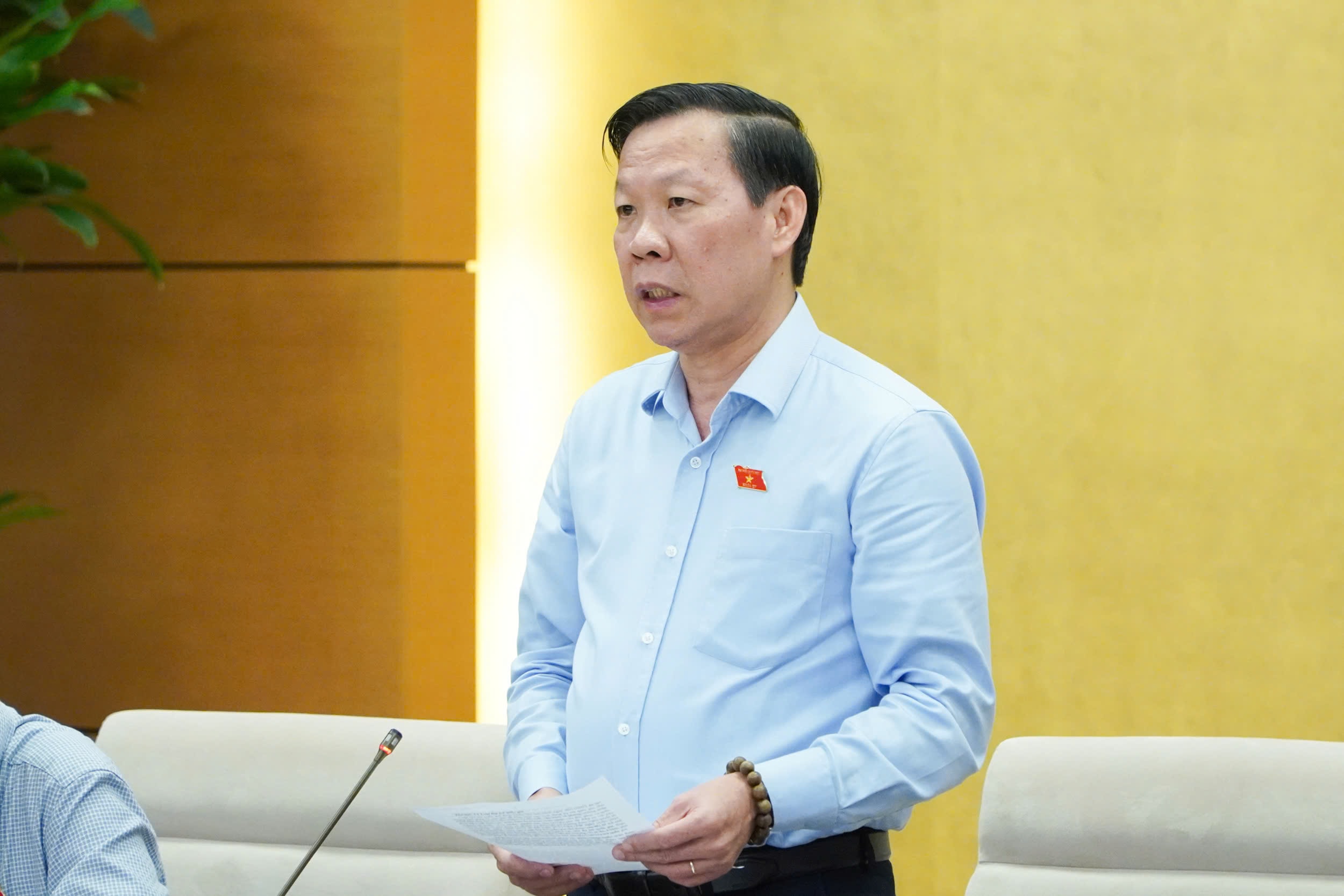
At the meeting, the Economic and Financial Committee examined two contents, including: the approval of the investment policy for the Gia Binh International Airport construction investment project and the draft Law on National Reserves (amended).
Briefly presenting the Proposal on approving the investment policy of the Gia Binh International Airport Construction Investment Project, Deputy Minister of Construction Bui Xuan Dung said that the project name belongs to the group of important national projects, implemented in accordance with the provisions of the Investment Law.
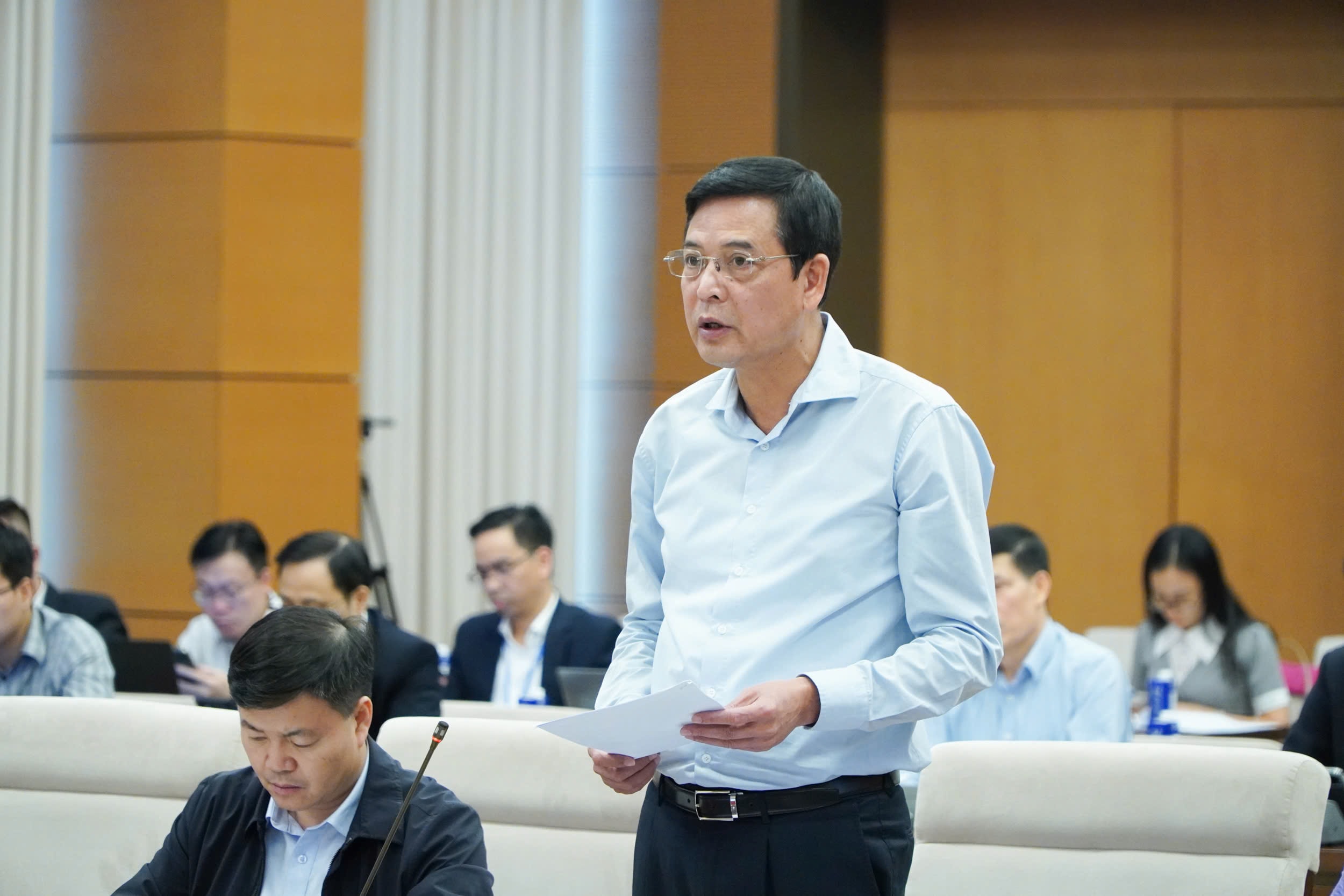
According to the Deputy Minister, the research, investment, construction and development of Gia Binh International Airport is consistent with the orientation of economic and social space development according to the National Master Plan.
Gia Binh International Airport is invested with a level 4F scale according to the standards of the International Civil Aviation Organization (ICAO); meeting the exploitation needs of about 30 million passengers/year and 1.6 million tons of cargo/year by 2030; about 50 million passengers/year and 2.5 million tons of cargo/year with a vision to 2050.
The project is invested with the investor's capital; of which, the investor's equity is about VND 29,457 billion (equivalent to 15% of the total investment capital); legally mobilized capital is about VND 166,921 billion (equivalent to 85% of the total investment capital).
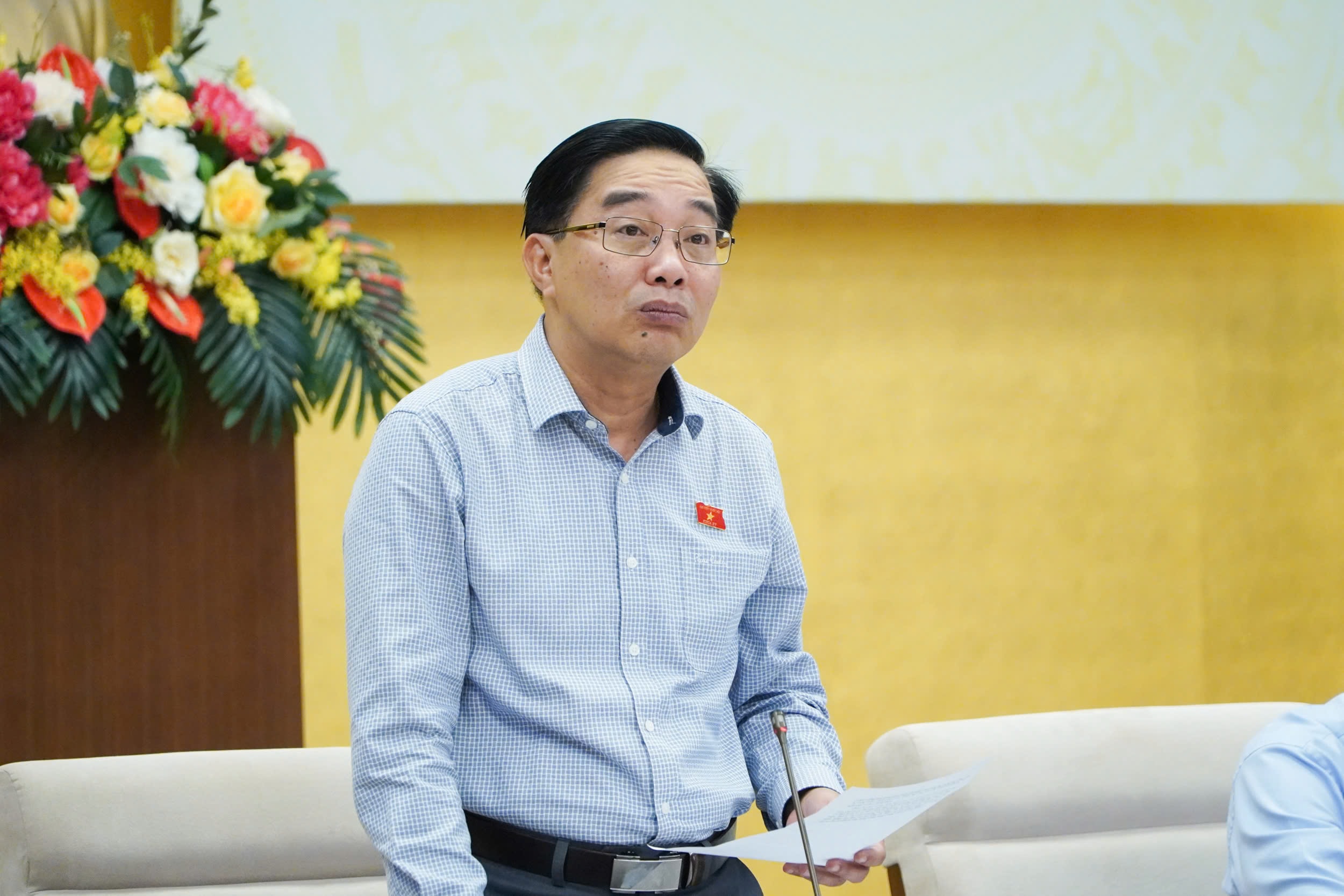
Giving opinions at the meeting, members of the Economic and Financial Committee agreed with the necessity of investing in the Project for the reasons stated in the Government's Submission; at the same time, they basically agreed on the objectives, scale, location, time, progress of the Project implementation, land use needs, site clearance plan, resettlement, main technology selection plan, environmental protection solutions...
In addition, some opinions suggested considering increasing the percentage of owner's capital to reduce the rate of mobilizing other capital sources, thereby contributing to increasing the investment efficiency of the Project.
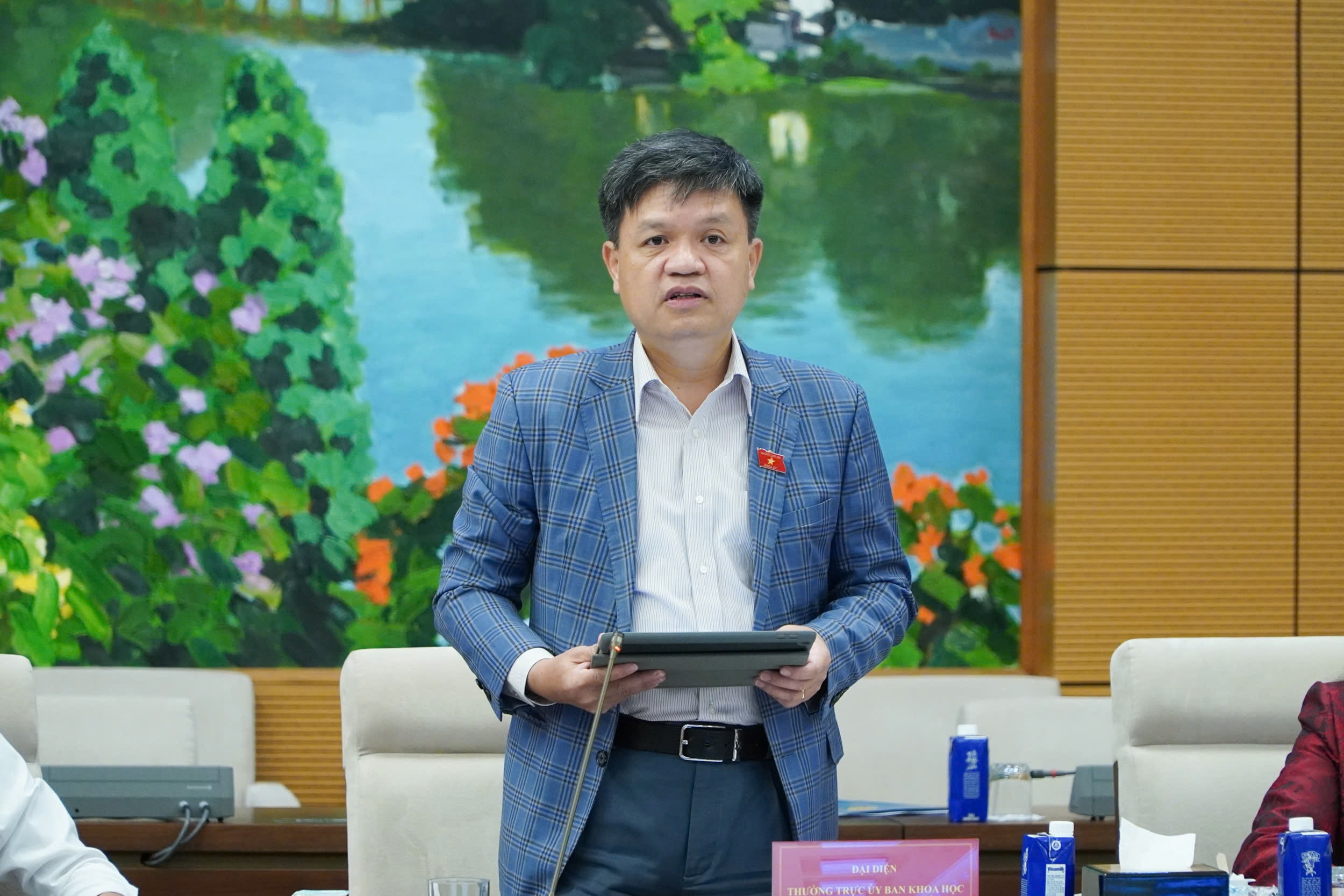
On the other hand, it is necessary to ensure the connection between modes of transport; develop a detailed conservation plan, assess the impact and a mechanism to monitor the relocation, clearly define the appraisal and management role of the Ministry of Culture, Sports and Tourism, and apply modern scientific and technological solutions to ensure the preservation of original values and avoid distortion of historical relics.
Examining the draft Law on National Reserves (amended), the Economic and Financial Committee's opinions basically agreed on the comprehensive amendment of the current Law to institutionalize the Party and State's guidelines and policies on national reserves, meeting management and operation requirements in the new situation; ensuring the unity and synchronization of the legal system, removing obstacles, creating favorable conditions for national reserve activities, contributing to stabilizing the macro-economy and serving social security; inheriting and promoting current regulations that have been proven in practice, and at the same time supplementing new, clear and transparent regulations.
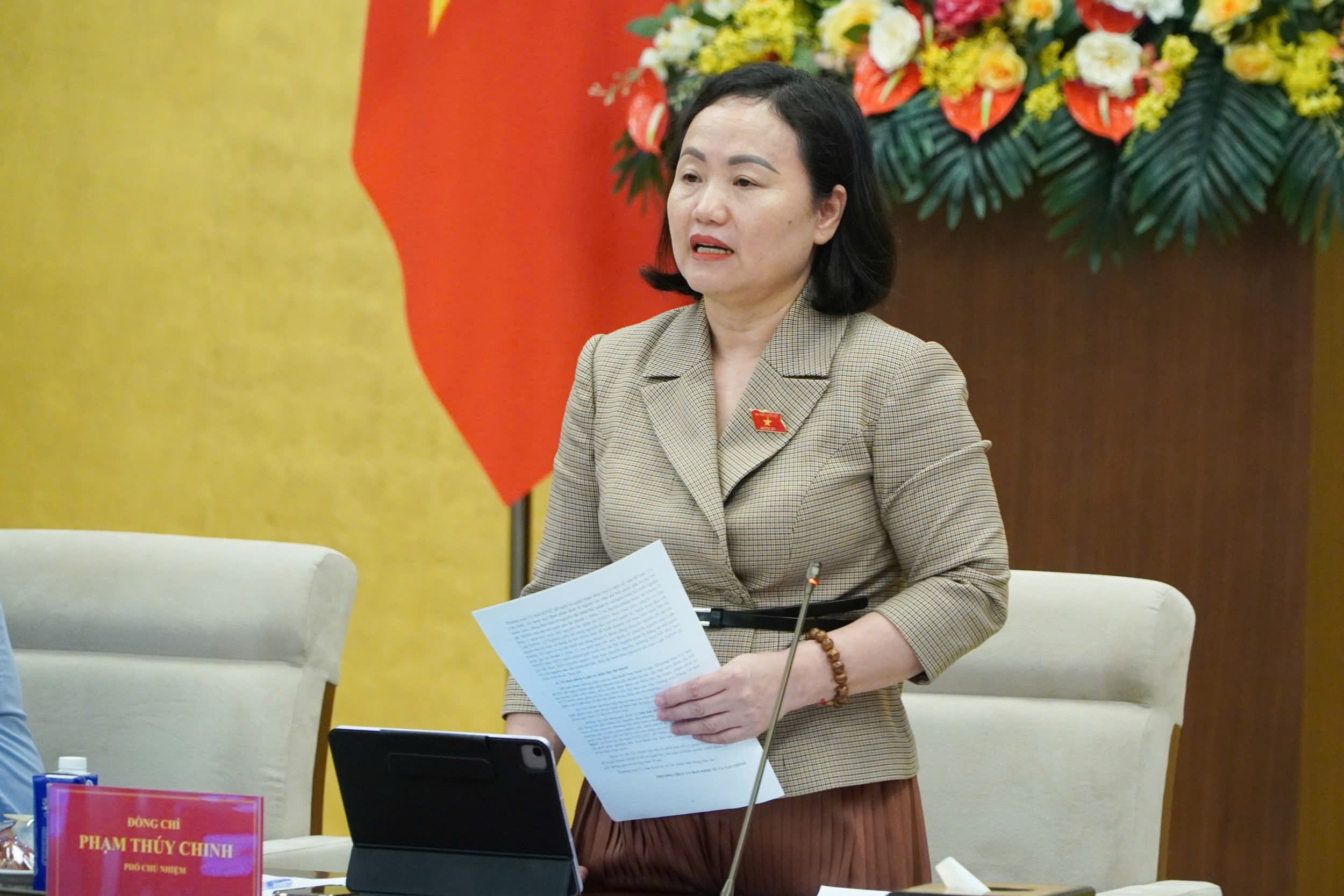
Regarding the regime for national reserve workers, the draft Law continues to propose that national reserve workers enjoy preferential allowances. However, some delegates said that this is a content that needs to be carefully considered, so it is necessary to seek opinions from competent authorities to ensure consistency with the overall salary reform policy.
Regarding the State's policy on national reserves in Article 4 of the draft Law, delegates suggested that it is necessary to specify the mechanism for allocating resources and evaluating the effectiveness of science and technology investment for national reserves; the management of strategic assets including high technologies must be closely linked and coordinated with the national strategy on science and technology. The mobilization of non-budgetary resources needs to have a strict and transparent management mechanism for reception, valuation, accounting, and auditing, especially for assets with special characteristics such as resources and high technologies.
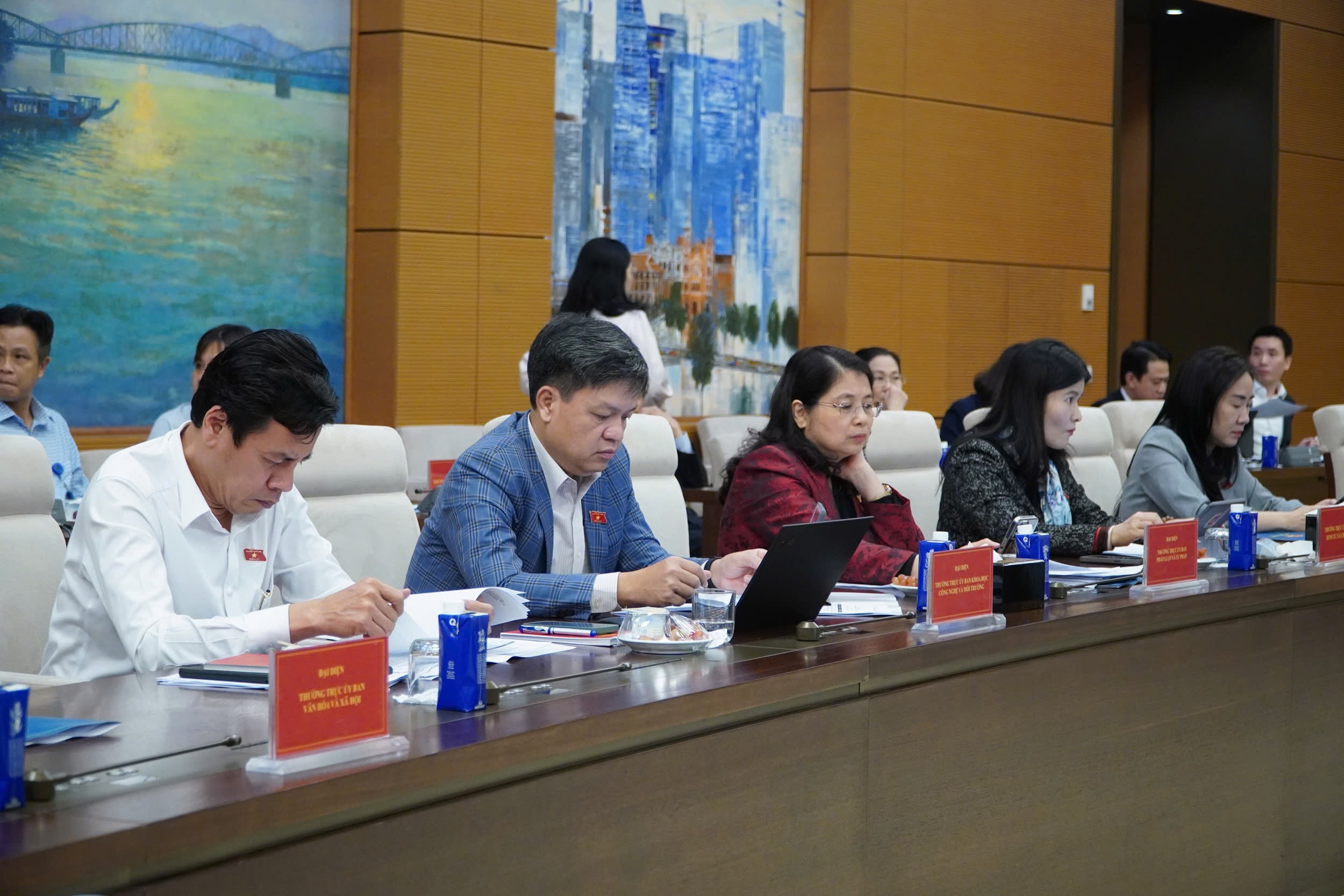
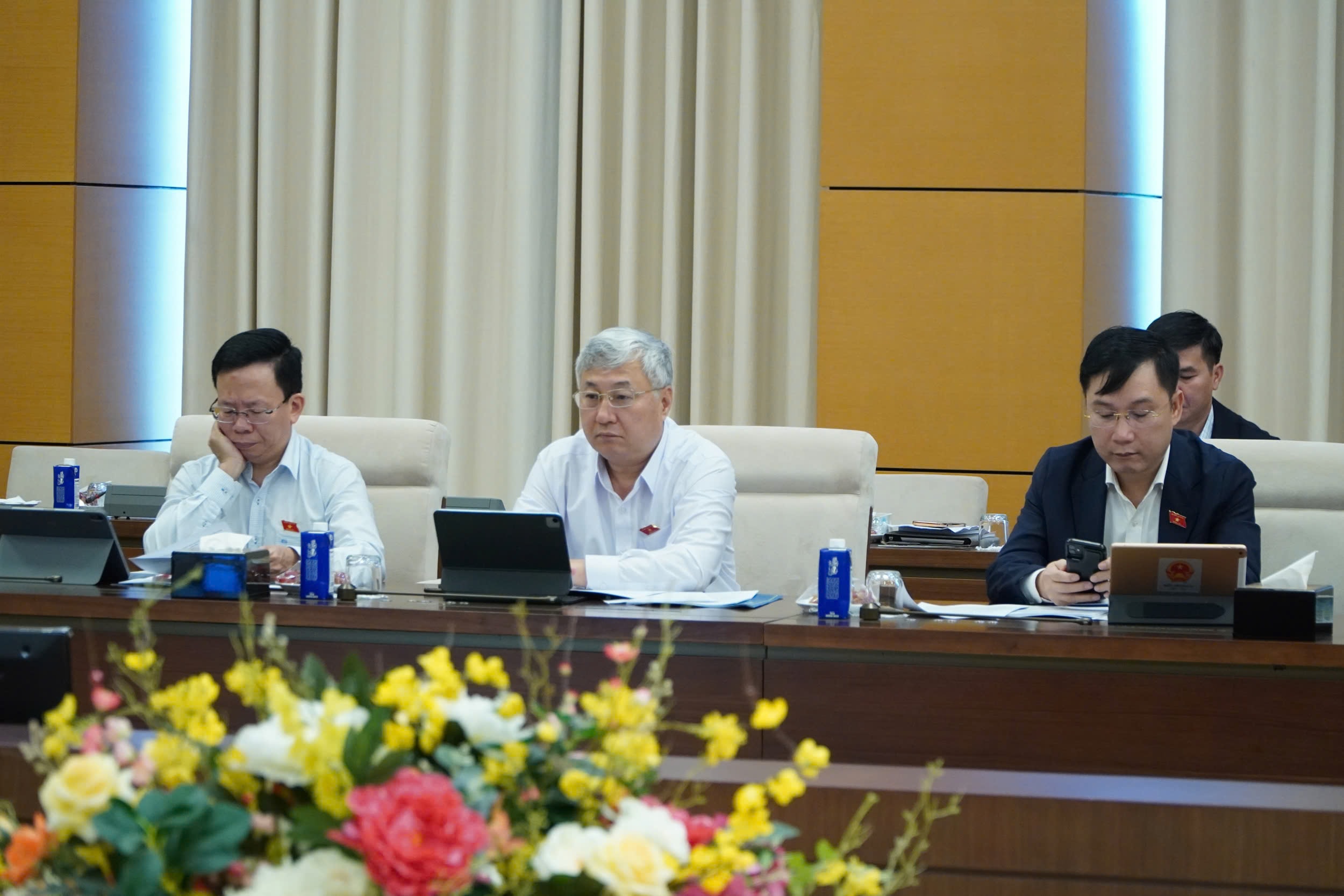
Regarding strategic reserves, this is a very important new content, however, the provisions in Chapter V of the draft Law are only general principles and orientations. Therefore, there are opinions suggesting to continue reviewing, especially the provisions related to strategic reserve items that change according to market supply and demand to ensure rotation and replacement.
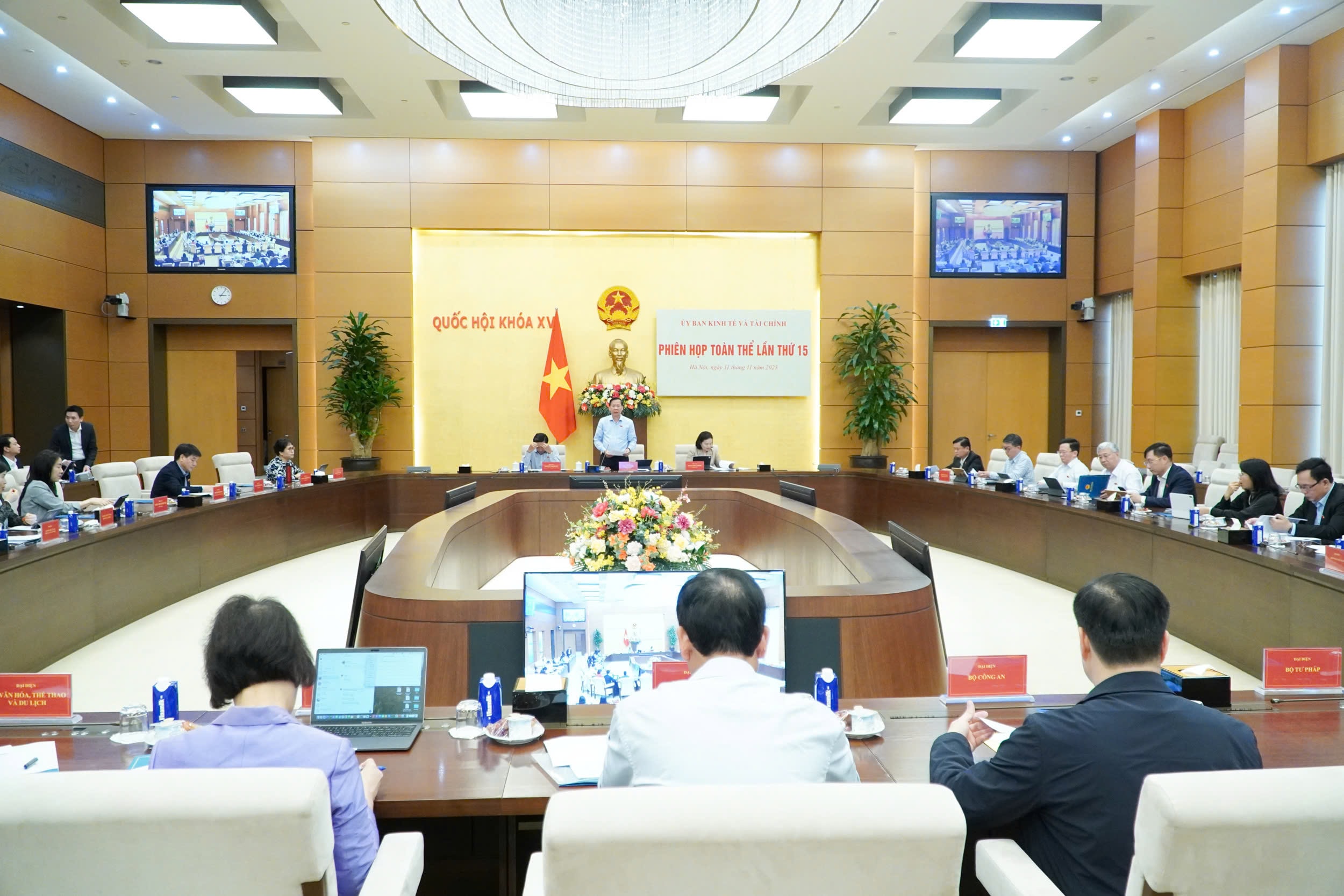
Source: https://daibieunhandan.vn/phien-hop-toan-the-lan-thu-15-cua-uy-ban-kinh-te-va-tai-chinh-10395277.html





![[Photo] Chu Noodles - the essence of rice and sunshine](https://vphoto.vietnam.vn/thumb/1200x675/vietnam/resource/IMAGE/2025/11/11/1762846220477_ndo_tl_7-jpg.webp)
![[Photo] Prime Minister Pham Minh Chinh receives Lao Minister of Labor and Welfare Phosay Sayasone](https://vphoto.vietnam.vn/thumb/1200x675/vietnam/resource/IMAGE/2025/11/11/1762872028311_dsc-2246-jpg.webp)

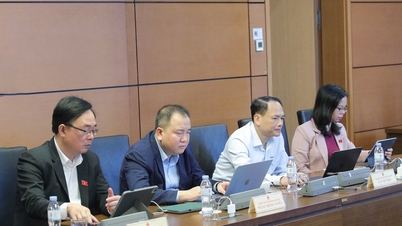
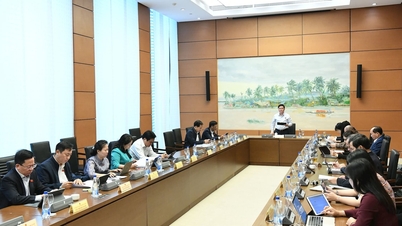


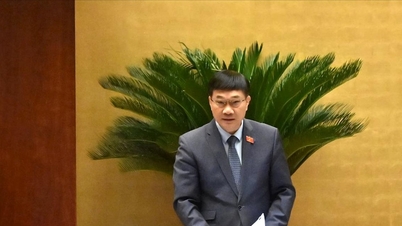
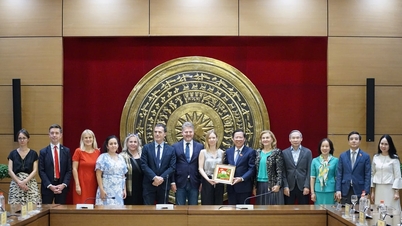
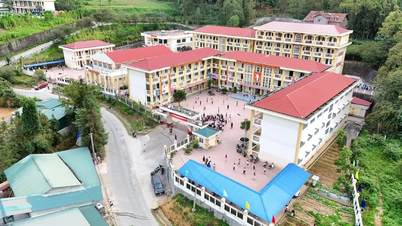

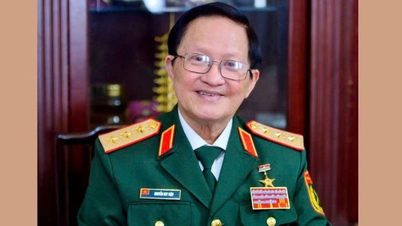

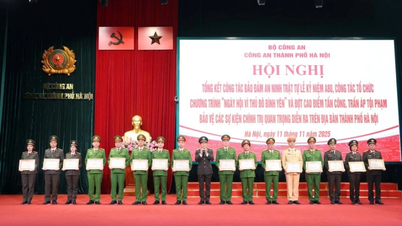
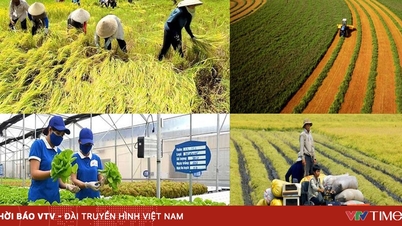









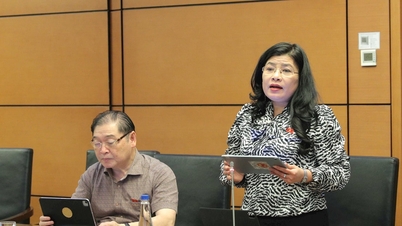

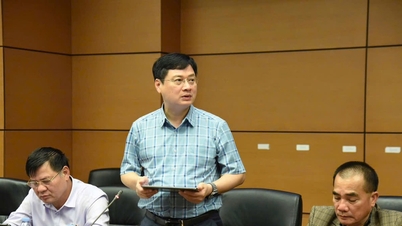

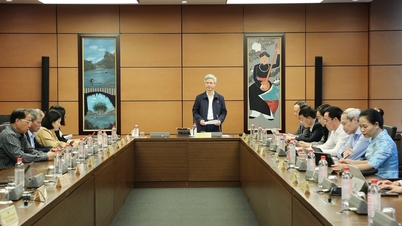




















































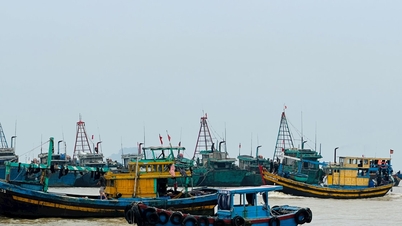

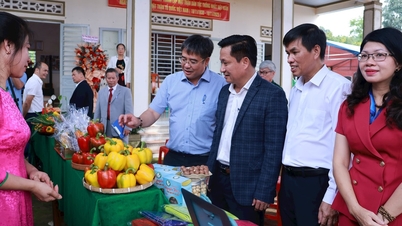
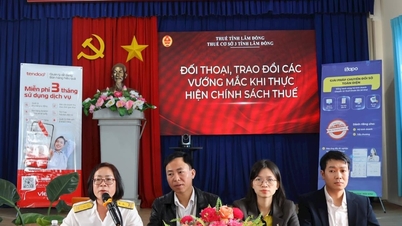
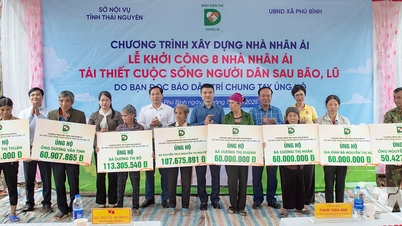








![Dong Nai OCOP transition: [Article 3] Linking tourism with OCOP product consumption](https://vphoto.vietnam.vn/thumb/402x226/vietnam/resource/IMAGE/2025/11/10/1762739199309_1324-2740-7_n-162543_981.jpeg)








Comment (0)